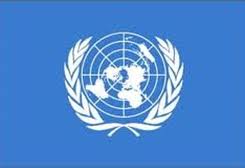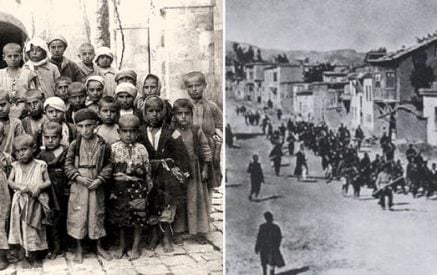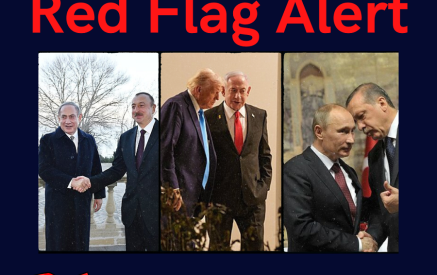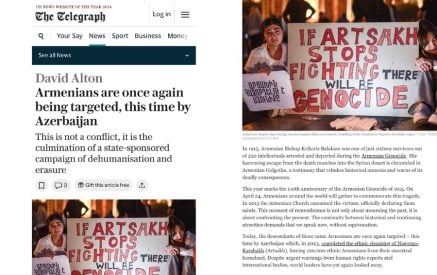Today, we observe the first-ever International Day of Commemoration and Dignity of the Victims of the Crime of Genocide and of the Prevention of this Crime. This occasion also coincides with the anniversary of the adoption of the Convention on the Prevention and Punishment of the Crime of Genocide in 1948.
This is an ideal time to reaffirm our commitment to prevent this serious international crime, honour the memory of the victims, and reaffirm the right to remedies and reparation, as recognized in international law.
Preventing genocide means paying more attention to the warning signs, and being prepared to take immediate action to address them. This is the spirit of my Human Rights up Front initiative.
After all, genocide does not just happen; it unfolds over time. It is not part of the accidental “fallout” of conflict; most often, it is systematic, planned, with precise targets, and it can also take place outside of conflict situations.
Read also
Across the world today, intolerance and xenophobia are on the rise. A dangerous “us versus them” dynamic is often being exploited to justify the exclusion of communities based on different forms of identity such as religion, ethnicity or other, and to deny assistance, restrict human rights and perpetrate atrocious acts of violence.
The prevention of genocide is a specific obligation under international law. The International Court of Justice and other judicial bodies have made that very clear. Governments must act on this imperative by investing in prevention and taking preventive action. On this new international observance, let us recognize the need to work together more concertedly to protect individuals from gross human rights violations and uphold our common humanity.























































